Blog. Ideas for better meetingsProfessional Meeting Facilitation
乐高 工作法 实战手册 - LEGO Work Method Practical Manual
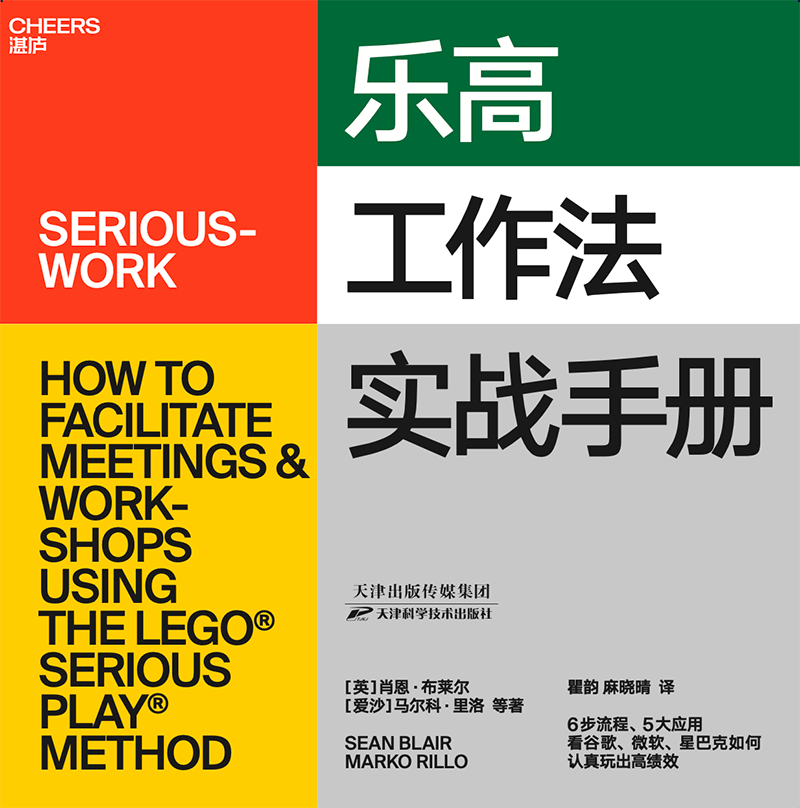
Well this is exciting news, ProMeet founder Sean Blair's first book SERIOUSWORK, will soon be available for readers in China.
This translation been the work of Vicky Qu and Xiaotsing Ma who have also bought Cheers Publishing onboard as our publisher in China. We are incredibly grateful to Vicky and Xiaotsing for all their hard work in bringing these ideas to readers in China.
We'll update you on where it can be bought in the days and weeks ahead!
How COVID-19 created our new book ONLINE
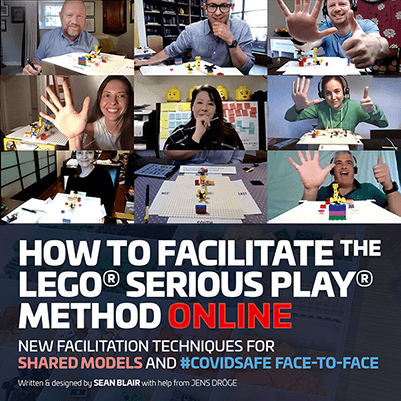
March 2020 was set to be a busy month for me, my schedule included system model workshop, a trip to France and two trips to the USA.
On Wednesday March 11th, I caught the early morning Eurostar train from London to Paris. The COVID-19 crisis was escalating but the attitude to the virus in the UK in early March was still relaxed. I got back from Paris late afternoon. The next day the US Government announced a travel ban from the EU to the USA, except UK and Ireland...
Let's wind the clock back a few months. In December 2019, I had been invited to pitch to train a very senior group of men and women in a leadership academy in a branch of the US Military. Accordingly I had spent a good chunk of the previous three months in the most complex contracting I had ever been involved with (how does a document running to 55 pages and 37000 words sound?).
Having finally agreed a contract, on March 2nd, that day I booked to fly to Washington DC for a 4 day training week commencing March 16th. At the time of booking, the decision to travel to the USA felt safe.
Fast forwards, and pick up the story. So the day after I got back from Paris, the US Government had issued a travel ban from the EU, but excluding the UK and Ireland. The ban came into force at midnight on March 14th, six hours after I was supposed to land.
I began regretting my trip to France. Legally, I knew I was OK to fly, (virus free?), but was worried my client might cancel the training, because I'd been in Paris. We had a phone call, discussed the situation and decided it was OK. I'd travel the very next day.
Landing in Washington DC on the afternoon of Friday March 13th, I cleared customs, hired a car and drove several hours to the client base. The next day, just after Saturday lunchtime, the US Government extended the travel ban to include the UK, effective Sunday 15th March. Great.
After a call with my family I packed my bags, turned around to travel home, to try and fly six days later could be tricky. So I drove to the airport and caught a flight back to London 24 hours after landing (and as it turned out, my flight home was cancelled).
In the UK, the week that followed saw schools shut. Then on March 2Oth a UK wide lock-down began. My world (along with the millions of others who were ahead of 'the curve'), went crazy.
Sitting here in London, in October 2020 the world has changed. Face-to-face meetings are mostly out, right now the COVID-19 curves are going up again and the economy is not wearing a happy face.
In late March, it took me about a week to understand that things would not return to the 'normal' we had known only days before.
I could either sit at home and wait for normal to return, or I could accept the reality of the situation and embrace change. An insight given to me twenty years ago, helped me resolve what to do next.
'Masters of change, use change to create change'
As a much younger man, I had been fortunate to be taken 'under the wing' of an elder, Michael Frye a lovely and wonderful man. One day, over lunch, he asked me for my definition of 'mastery of change'. Michael was like that, he would ask questions that I'd never even thought about. He then said, 'Masters of change, use change to create change.'
I had never been sure what to do with this insight until March 2020, having been like many in the LEGO® Serious Play® community, sure that online LEGO Serious Play was not possible. I resolved to set my biases to one side and learn from my own experience what was, or was not possible.
With the encouragement of my friend and training associate Jens, and with help from our wonderful graduate community, MeetUp groups and enthusiasts from LinkedIn, we began a series of experiments to learn about the possibilities and limits for online LEGO Serious Play mediated and via online platforms, mostly Zoom and Mural.
The results of these trials surprised me. It turns out there are things that are better when bringing digital tools to LEGO Serious Play facilitation. In the six months since March we have created new techniques to make the LEGO Serious Play Method work extremely well online.
Is it possible? The answer is a resounding yes.
We remain aligned with the core principles of the method and continue to use the ideas that we have written about in our previous two books, SERIOUSWORK and MASTERING.
There are additional techniques and requirements that ONLINE demands. The preparation phase is more complex, for both participants and facilitators. and online requires new skills. Foundation LEGO Serious Play components, like the three stage skills build requires a fourth skills build to be included.
The role the facilitator takes, especially during online shared model building is both different and at its core similar to what happens in the real world.
Our innovation to split the shared model building into new stages, disaggregate, rebuild, 'Magic-hands©" and 'Build-along©' still results in a shared model that people are proud of and feel ownership over.
There have been (and may still be), voices in our community saying online LEGO Serious Play is not possible. They are wrong. It is. And the approaches to online LEGO Serious Play will help cut carbon emissions long after the dark days of COVID-19.
This Online book has taken six months to write and we've shared drafts with our customers and students whose imagination and unlimited outlook inspires us everytime we pick up bricks. This book is a true act of co-creation, I just asked the question 'what's possible?', and made time to write up our learning.
Sean Blair, London UK, October 2020
MASTERING THE LEGO® SERIOUS PLAY® METHOD 44. Facilitation Techniques for Trained LEGO® SERIOUS PLAY® Facilitators
Mastering the LEGO® SERIOUS PLAY® method is 180 page full colour book and will help LEGO® Serious Play® facilitators plan and deliver professional workshops. It has 44 detailed facilitation techniques from master trainer Sean Blair. The book also outlines 20 graduates stories of what happened after their training, where they now use the method, and their tips lessons learnt.
See or download a 58 page preview of the books contents on the books own webpage.
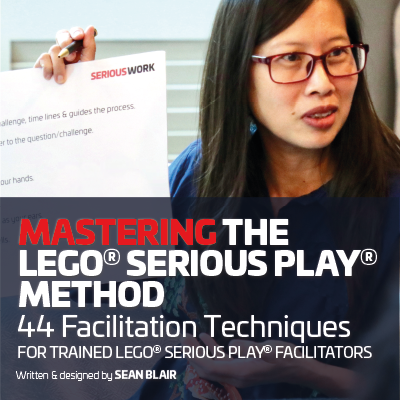
It is available in print from Amazon.
How to be a good video conference meeting participant

Multi party conference calls using platforms like Zoom, Skype, GoTo or Webex can be challenging. At best they can work well and meetings can be productive. At worst, they can be a waste of time and leave participants feeling frustrated and demotivated.
Here are a few ideas that aim to help you get the best from your next technology based meeting.
Read More...
Facilitators Presence
Two quick stories to begin…
I recently observed a novice facilitator get frustrated with the group he was facilitating, he almost looked like he was angry. The responding body language in the group looked defensive, the group seemed to close…
I watched another facilitator run a session at a conference, time seemed to be passing faster than he might have planned and he began to be increasingly unhappy at the pace, with ever more forceful urges to ‘speed-up’, and ‘move on’. The group began to feel rushed and uneasy…
Facilitators have enormous influence over a groups work and effectiveness and the two brief stories above try to illustrate negative unintended consequences of facilitators presence. In both of the cases above I’m sure the facilitators did not intend to take participants away from the content - yet their presence began to get in the way and alter, not-for-the-better, the groups energy and focus.
During the facilitation training I run at SeriousWork I propose that a facilitator should sometimes have a *big and commanding presence* and sometimes a facilitator should be *invisible* as far as the group is concerned.
But how do you know when to have big presence and when to be invisible? This is a hard question, but three obvious times to have a big presence are:
Times when a BIG Presence is helpful
- Beginnings - getting the groups attention and gathering at starts (managing time)
- Setting or clarifying tasks or instructions (managing tasks)
- Helping the group communicate with each other (managing communication)
Note these three are in service of group process, NOT in service of the facilitators ego.
Times when SMALL or INVISIBLE Presence is helpful
- When ‘the work is happening’ - if the work /conversation /progress is happening this is a good time to step back
- When people need time to assimilate or process experience or understanding
- When breakthroughs or heart to heart communication arises
Knowing when to have small (or even invisible) presence requires awareness of constantly shifting group energy or focus and awareness of self to know what the likely impact of a facilitators interventions will be.
A mantra we love at ProMeet is “Facilitate the people not the process”, this reminds us that the people are more important than the planned process and that workshop process should always change if it is not meeting the needs of the people.
Facilitation is as much about knowing when to not intervene as it is being a commanding presence.
Responses
👍🏼 Next to experience and awareness, this has also much to do with emotional and situational intelligence of the facilitator, I believe. https://t.co/z4R8lBGF9V— Pinar Akkaya (@PINARAKKAYA) July 23, 2019Very good piece of reading Sean, I enjoyed it a lot
Get Inspired during Facilitation Week
International Facilitation Week
"International Facilitation Week takes place each year during the third week of October. Its purpose is to showcase the power of facilitation to both new and existing audiences and to create a sense of community among facilitators and their groups worldwide.
Since its launch in 2013, the week has become a spark that ignites activities around the world to highlight the benefits of facilitation, the gifts of facilitators and the comradeship of the International Association of Facilitators (IAF)."
It's the IAF Facilitation Week, and as with every year I love finding out new stuff and getting inspired by other facilitators.
Personally, I think Twitter is a great place to see what's going one, search or use the hashtag #FacWeek.
A few posts I found inspiring this morning:
👋 (@pixlz) October 16, 2018So you want to do more facilitation? – 21st Century Mindset - a repost for #FacWeek https://t.co/laoq5KeoQh
— Sharon Dale
It's #FacWeek, the international facilitation week. A good time to think of what leaders do in the modern day world.
— Flyntrok (@flyntrok) October 17, 2018
Order's don't work. Getting the group to work is an art!#facilitation #leader #CHANGE #DigitalTransformation #OD #futureofwork pic.twitter.com/M2mDQSpidq
#FACWeek read. ‘Getting to the Bottom of Top’ by @IAFacilitators authors @jofacilitator. Fabulous exploration of the phenomenology behind why we do what we do https://t.co/qF3TvD01Hi
— Kimberly Bain (@baingroup) October 16, 2018
Méxicos posibles: Colaborando con el enemigo November 6 @ Mexico City, Mx.@adamkahane presents at the Harvard Club of Mexico on his book: Collaborating with the Enemy. https://t.co/3RDg42SR7E @reospartners #Stretch pic.twitter.com/e4zf6ZGiUB
— Reos Partners (@reospartners) October 11, 2018
You can also view all events listed in the IAF Website.
I hope you find something that inspires you in Facilitation Week!
What is facilitation?
Six facilitation tips
Having been facilitating workshops for about 20 years, I recently reflected on what is facilitation when I was asked to run a masterclass for a facilitation academy in Helsinki.
I asked myself what are the key lessons about facilitation I would teach my younger self? Here's my six lessons on successfully facilitating meetings and workshops:
1. Plan with an outcomes focus
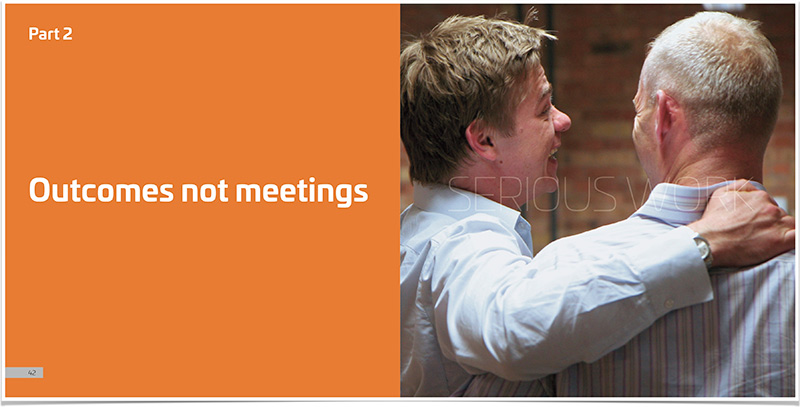
People don’t want meetings or facilitators. They want outcomes. I approach every assignment with a focus on outcomes, part 2 of the book I wrote about facilitation is all about outcomes. How to understand what they are, how to articulate them and how to use outcomes to plan facilitation process is a core skill, maybe THE core skill.
Lesson 1 means three things:
- The contracting / preparation phase is key.
- Understanding what is really needed is at the heart of this activity.
- This skill is as important as facilitation - maybe more important than 'front-of-room' facilitation skills
2. Understand the cultural, emotional and political currents beneath the surface

Management guru, Peter Drucker, famously said "Culture Eats Strategy for Breakfast". For facilitators, we fail to take time to understand the cultural, emotional and political currents beneath the surface at our potential cost.
Lesson 2 means really one thing, in this case said in three ways!
- Understand actions are guided by thoughts and values
- The invisible shapes the visible
- Take time to understand these things!
3. Preparation takes longer than delivery
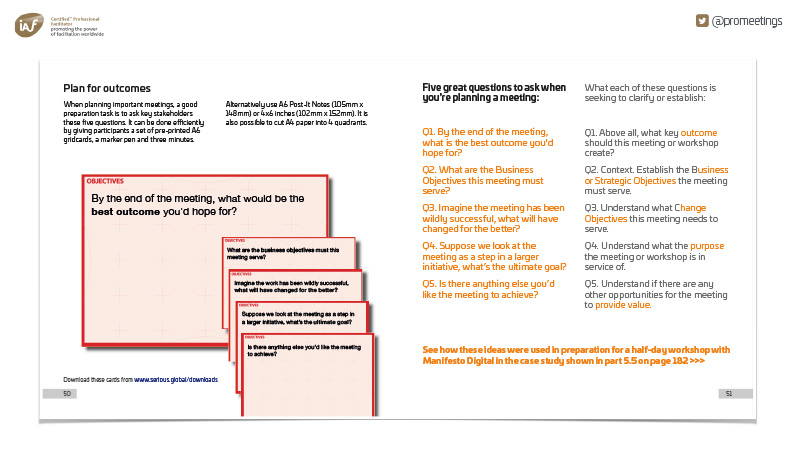
In my experience it usually takes longer to prepare for a workshop than facilitate it. This is not always the case, but certainly high stakes, high risk strategic workshops are very likely to require more preparation time than delivery time. Workshops are expensive. The time people take out of a business costs a lot, and the impact of a productive workshop (or a highly unproductive one) can be huge.
Lesson 3 means …
- Workshop design is a key skill
- Translating objectives into workshop process, taking cultural, political, emotional into account
- Good facilitators have many tools at their disposal (and are process / tool neutral. As a facilitator who sometimes uses LEGO® SERIOUS PLAY® I like it when clients enquire if I favour any particular tool. My answer is always no, I'm outcome driven, and tool neutral).
4. Own the workshop. Take responsibility for what happens. Be the (participatory) leader
When I facilitate I assume that I'm responsible for the outcome. With this mindset I assume it is my job to be a 'participatory leader' and have the participants to interact with the subject-at-hand and each other in the best way possible that achieves the outcome. My job is not about content (otherwise I'd be a consultant, not a facilitator) it is about outcome driven process.
Lesson 4 means …
- Understand the tremendous power of orchestrating or choreographing participation. This is a subtle power that might at times be invisible to participants, as they are absorbed by the content (and each other).
5. Facilitate the people not the process
In 2006 I facilitated a two day workshop for one hundred head teachers. My client team at the Governments 'Department for Education' included a wonderful man called David Jackson. I carefully planned a workshop process and during the workshop kept the participants on track with that process.
At the end of the workshop David offered me the feedback that I should 'facilitate the people not the process'. This lesson has become a core idea for me… and whilst I plan carefully (as in 3 above!) I now abandon the plan if it is not meeting the emergent needs of a group.
Lesson 5 means …
- Don't "be a slave" to your carefully prepared plan
- Develop and grow your awareness about what a group needs as a process unfolds and if something important emerges, be ready to drop, abandon or modify what you had planned.
- Invest in developing new skills and adding new tools to your 'facilitator tool box'
6. Welcome and value participation (no matter what kind it is)
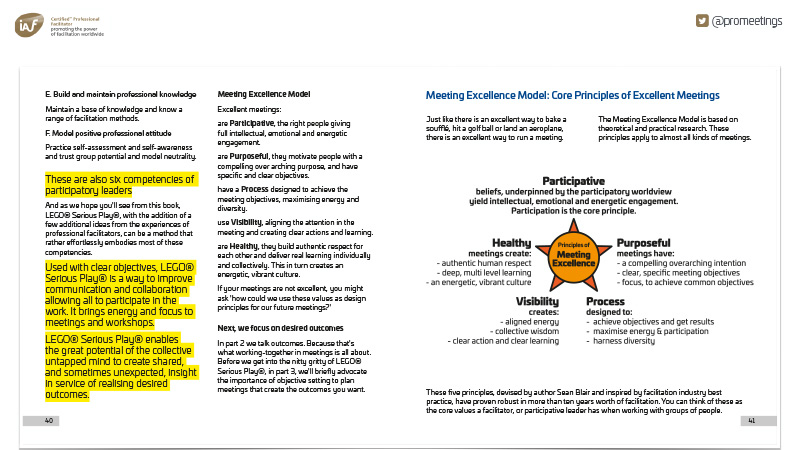
The most important 'guiding principle' I use as I design and facilitate meetings is the principle of participation. It is the core idea or value that good facilitators hold.
Lesson 6 means …
- Facilitators must welcome participation no matter what its guise. If this shows up as joy or anger, a smile or a tear it is all equally welcome. To do otherwise is to not invite participation.
Four other lessons
As I pondered what I had learnt in many years as a facilitator the six lessons above seemed like the main advice I would give my younger self. Four other tips I might offer are:
Speak slowly and clearly - especially in multi-lingual events where English is not everyone's first language.
Big presence / small presence - know when to be large… and when to be almost invisible.
Create relatedness - even before the workshop begins, as people arrive, creating a sense of relatedness can be the difference that makes the difference.
Give responsibility / autonomy - empowering participants to take responsibility for what happens in the workshop will have dividends after the workshop.
Most of the images above are taken from a book about facilitation called SERIOUSWORK. Disclaimer. I wrote most of it. You can download a good chunk of it free at http://www.serious.global
International Association of Facilitators Pro-Path
IAF is a global association of over 1500 competency certified professional facilitators. It aims to promote the power of facilitation and drive up professional standards. It's a wonderful community and we have learnt a huge amount though becoming certified, attending conferences, and participating in MeetUps.
A new development. IAF has been developing a 'Pro-Path', essentially adding two new tiers of membership, a 'mentored' level for people new to the profession and a 'senior or master' level for facilitators who already have attained "Certified™ Professional Facilitator or CPF" status.
It will all roll out next year, but to get the headlines of this 'pro-path' you can watch this short video.
Listening - and how to improve it
First we introduce an idea that there are five levels of listening we use day-to-day and especially in meetings.
Next we explain how LEGO® SERIOUS PLAY® uses three modes of communication that results in higher levels of listening.
Finally, for facilitators familiar with LEGO® SERIOUS PLAY®, we share how to help people listen and understand even more fully.
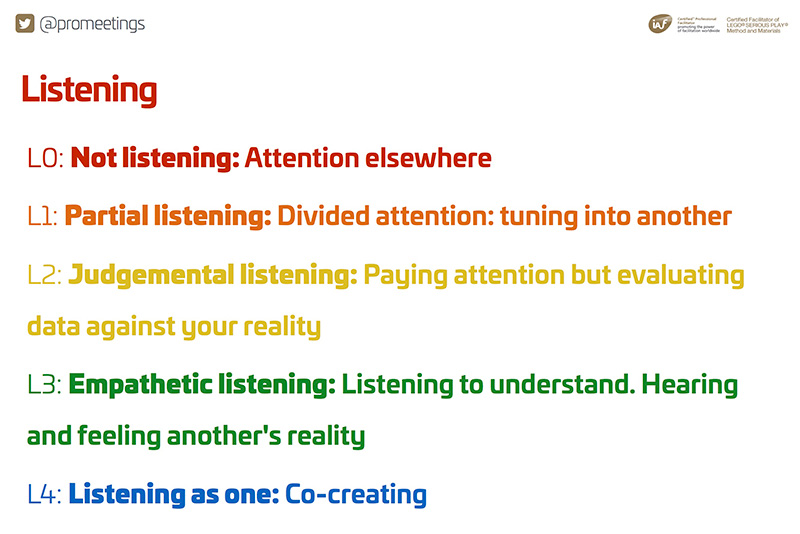
10 reasons you'll love Slido
Let me share my 10 reasons why you should check out Slido next time you want to engage your audience.
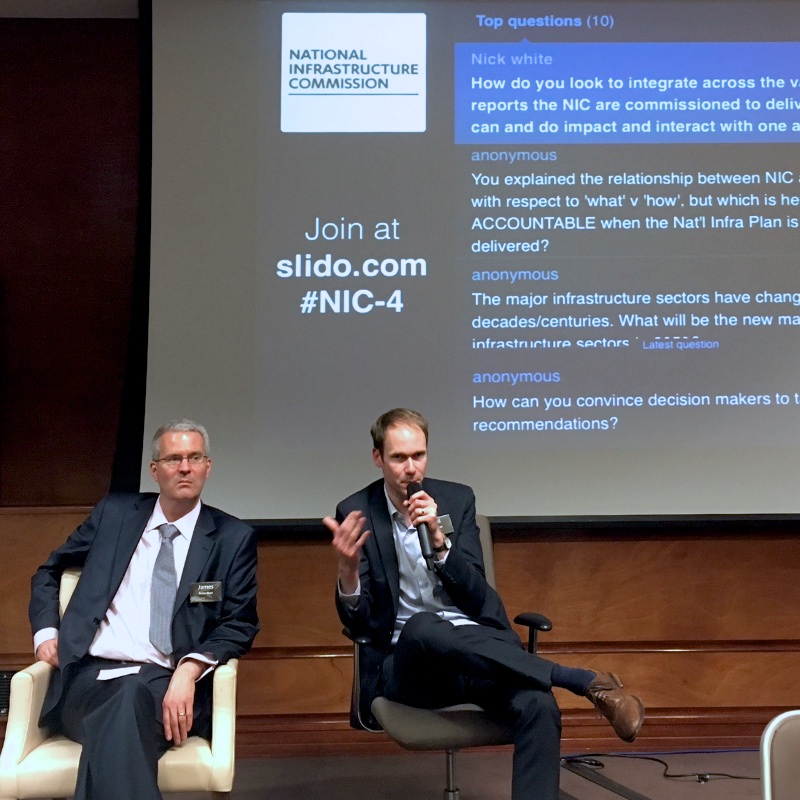
1. Slido helps create participatory meetings.
2. Participants report they enjoy using Slido. EVERY time I use Slido at least one participant comes to tell me afterwards how much they enjoyed interacting.
3. Slido Polls are a great way to quickly understand the headline opinions in the room.
4. Slido gathers useful data.
5. Slido questions allow participants to ask questions when they arise (not just in the Q&A) and allow participants to ask difficult questions anonymously.
6. As a facilitator - Slido is easy to set up before an event and use live during an event. No support needed.
7. As a participant the interface and UX is simple and easy to use.
8. As a nerd, Slido is uses a light weight browser, (not an app), pulls little data which means wi-fi/3G/4G networks are not hammered.
9. The team at Slido have worked hard and continue to do so to constantly improve the product.
10. Above all else the Slido team are a pleasure to do business with, values driven people who believe audiences should have a voice and events should be participative.
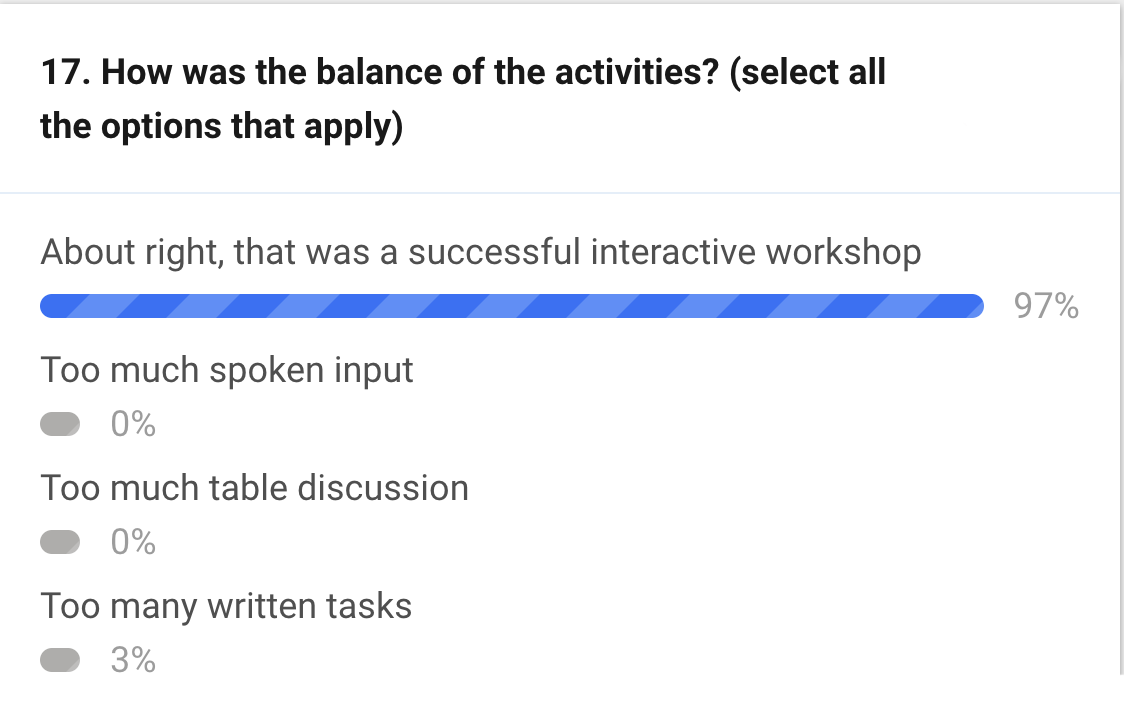
For transparency I have not been made an ambassador for Slido but honestly if I were, I'd willingly take that role.
Find out more at Slido.
SeriousWork - Book Preface
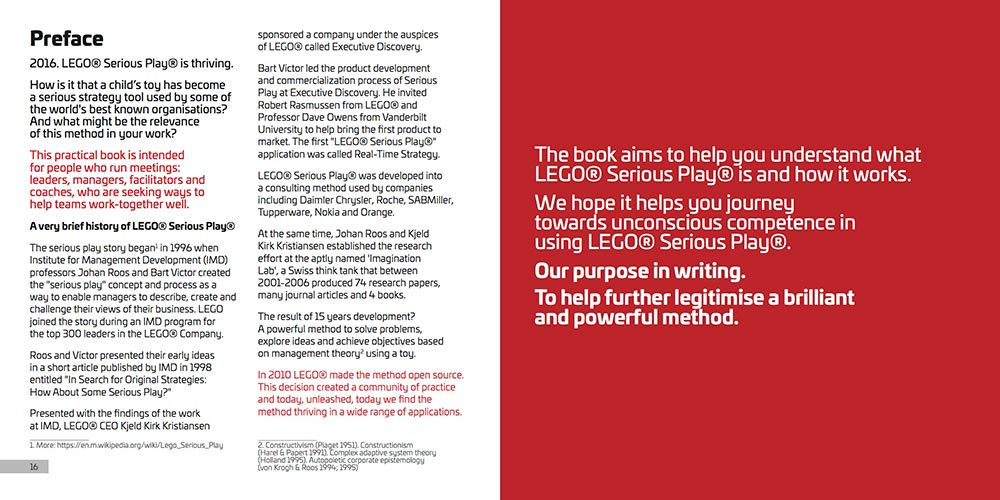 Read More...
Read More...On becoming a Certified™ Professional Facilitator (CPF)
The written evidence is assessed against the six core competencies and successful candidates are then invited to the CPF assessment which consists of two interviews and candidates must facilitate a peer reviewed demonstration workshop. Read More...
New Book: Serious Work
ProMeet has published its first book.
Read more at www.Serious.Global or read two reviews below.
Read More...
ProMeet. A 2016 Facilitation Impact Award Winner

IAF Regional Director Trevor Durnford and IAF Member Bruce Rowling present Sean Blair with the Facilitation Impact Award.
LEGO®, Dialogue and new meeting tools help leading college get a top UK value added score
ProMeet together with client, Brighton, Hove and Sussex Sixth Form College (BHASVIC) have received a Facilitation Impact Award from the International Association of Facilitators (IAF).
Read More...
Clean Language Ice Breaker

Clean Language is a framework to ask questions without pre-suppositions.
Because sometimes questions are far from 'clean', we might inadvertently disguise opinions inside questions, and therefore partly determine the response of the person being asked the question. Read More...
Benefits of Lego® Serious Play®
Benefits of Lego® Serious Play®
Read More...
Playcamp
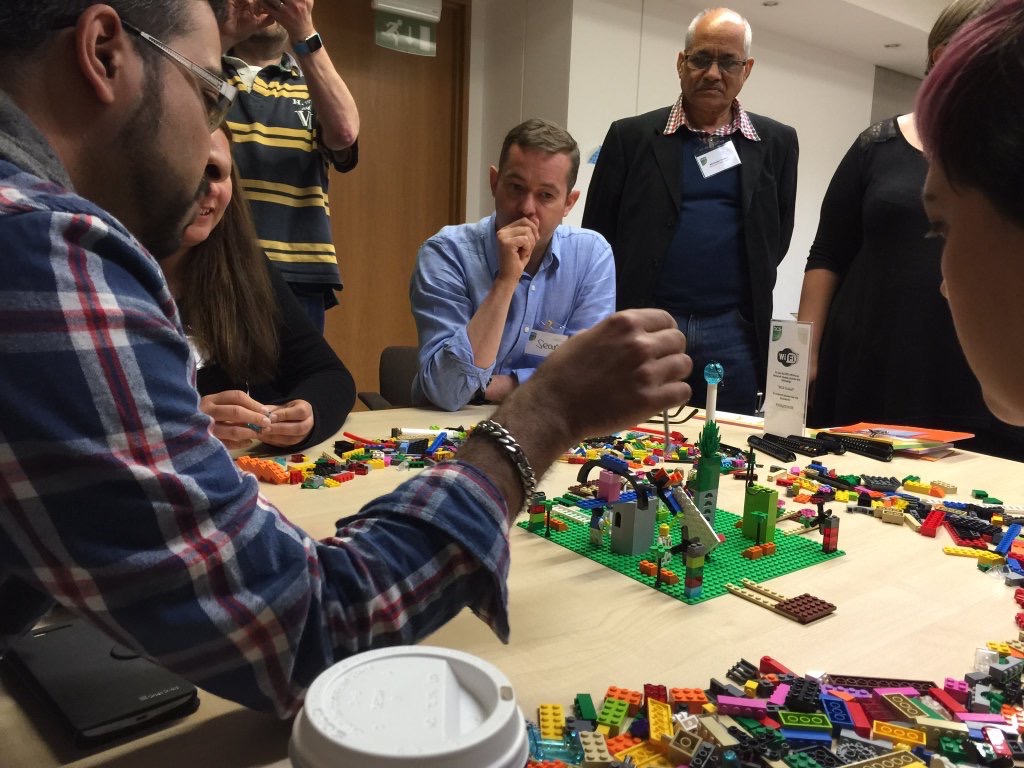
Participants asked for the slides, so you can view or download the deck here:
Finally you can see 10 case studies of Lego Serious Play in action here.
And join can join the Lego Serious Play Meet Up group for deeper workshop experiences.
Happy playing!
Adventures With Agile Workshop - May 2016
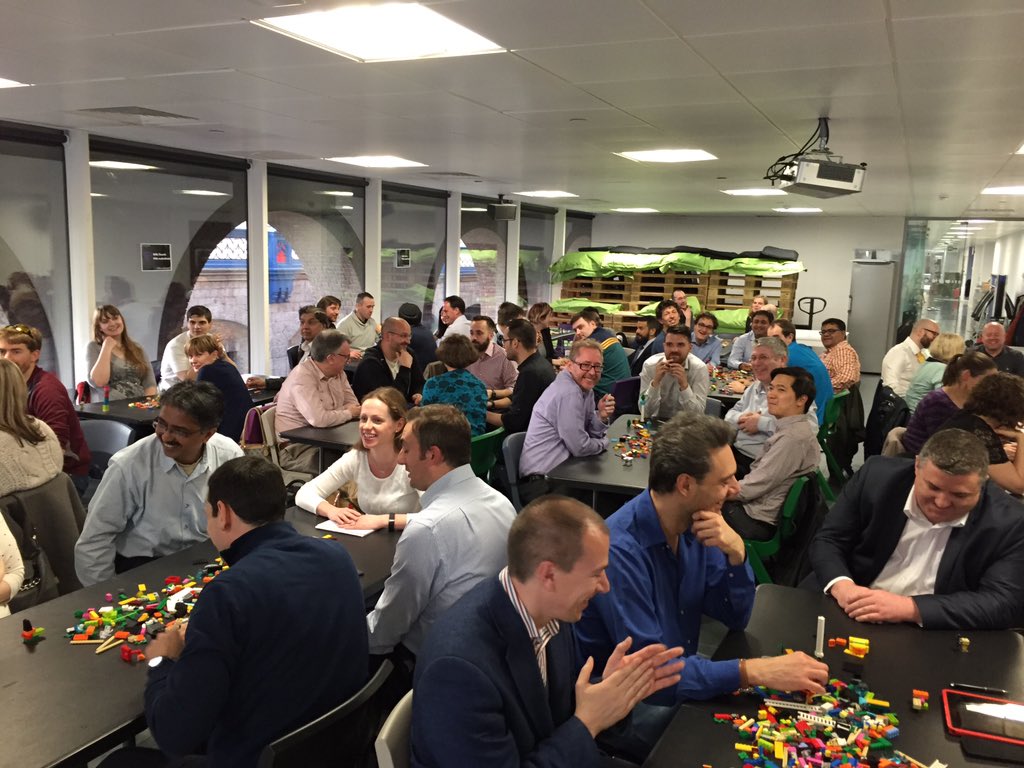
You can access the slide deck we used here, enjoy! Read More...
Kind Words
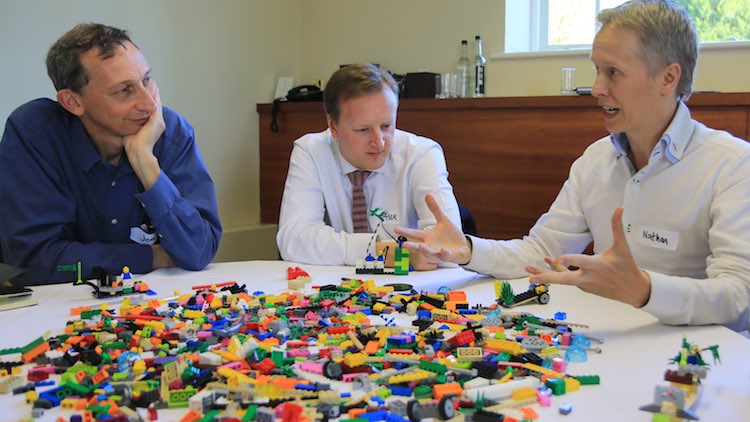
I recently had the pleasure of facilitating a 1.5 day strategy workshop for trustees and senior executives of Ravensbourne College. Chairman Jon Drori (who incidentally gives great TED talks) was kind enough to write to me after the workshop, here is his brief letter:
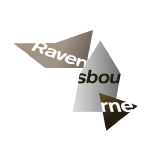
Dear Sean,
Thank you for facilitating Ravensbourne's strategy awaydays so ably.
Facilitation is one of those activities that too many people think they can do well. Some of those people should watch you at work - professional, firm, authoritative, gracious and focused on the outcome we wanted, which was to have a senior team of executives and governors sharing ambition and direction.
I confess that when you and I first met I wasn't immediately sure that Lego Serious Play would be the right tool for our team. You quickly gained my trust and I'm absolutely delighted that, having listened carefully to what we wanted to achieve, you made such persuasive arguments for the approach.
I would be very happy to recommend your services to others.
All the best, Jon
Jonathan Drori CBE
Chairman, Ravensbourne Board of Governors
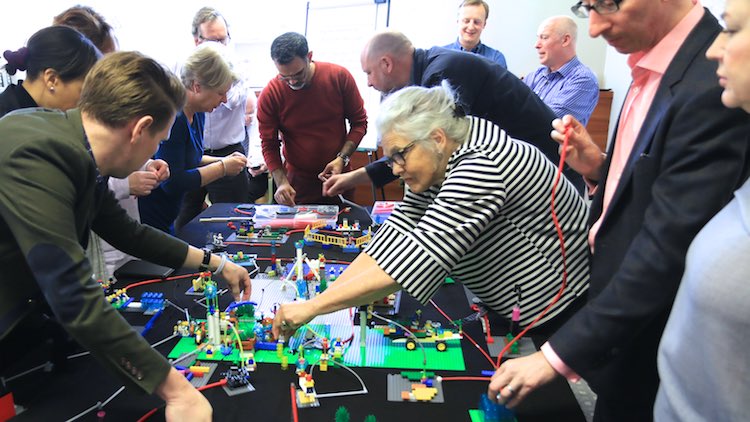
Facilitation Methods & Tools - A UNDP Webinar
- An introduction to participatory leadership
- The five principles of meeting excellence
- The four phases of effective meetings
- How to establish and write clear objectives
- The mighty power of the humble gridcard
- How to use the ‘Scales of agreement’ tool
- Planning actions and learning - the last two phases of effective meetings
You can watch recent webinar I gave for the Commodities Programme practitioners of the United Nations Development Programme. Duration 48 minutes.
Thanks to Lise Melvin for inviting me to participate, and good luck to those who joined in!